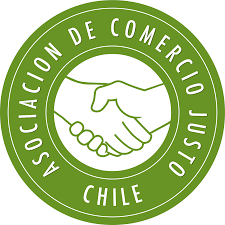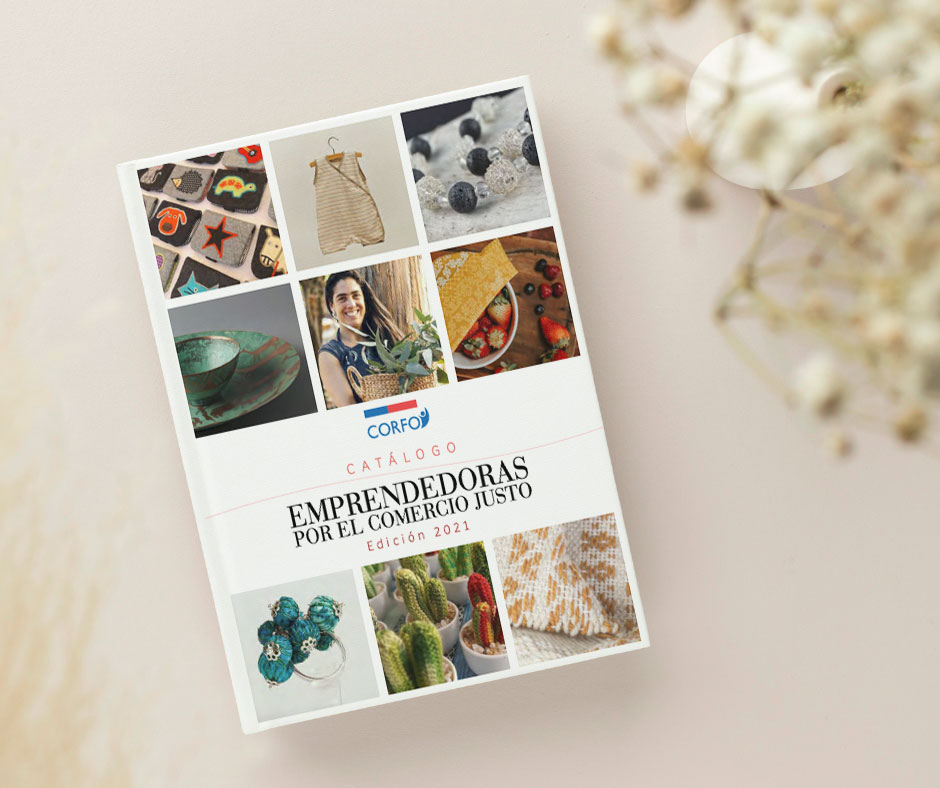Chile has made a commitment to strengthen the participation of women in the economy, an obligation that includes major challenges with a view to achieving sustainable reactivation throughout the country. All forms of exclusion, and gender exclusion in particular, constitute a competitiveness gap that must be eliminated as a matter of urgency. In this regard, efforts are now focused on promoting women’s economic independence. On the other hand, gender equity is one of the 17 sustainable development goals on which our country has committed to work constantly towards 2030, betting on a development that safeguards the well-being of people and communities, the elimination of poverty and environmental sustainability, a space in which society has the opportunity to close gaps in various areas.
Fair trade, through its 10 principles, constitutes an opportunity to advance the sustainable development agenda. We must also take into account that gender equity is a common element in this initiative and that the issue is a cross-cutting issue for society, not only as a competitive opportunity, but also as an ethical imperative that sets the tone for the type of development to which Chile aspires.
In this line, Corfo takes the opportunity to make visible and strengthen inclusive, diverse and collaborative development spaces, fundamental attributes of the economic reactivation process that lies ahead and to which it hopes to contribute through the recognition of the role of women in the construction of collaborative economy spaces.
This catalog, prepared in conjunction with Gloria Moya Coloma, Deputy Regional Director of Corfo Metropolitano and member of Corfo’s National Gender Network, and Marcia Machado, Corfo’s Gender Coordinator, seeks to recognize the trajectory and experience of the various women and organizations that have committed to cultivating fair trade as a way of establishing sustainable productive and commercial relationships; and Marcia Machado, Corfo’s Gender Coordinator, seeks to recognize the trajectory and experience of the different women and organizations that have opted to cultivate fair trade as a way of establishing sustainable relations at the productive and commercial level and also to highlight fair trade as an interesting opportunity to respond to production and consumption patterns in which not only the product to be traded is increasingly important, but also the conditions under which it moves through the value chain.
Cecilia Valdés
Corporate Affairs Manager of Corfo

